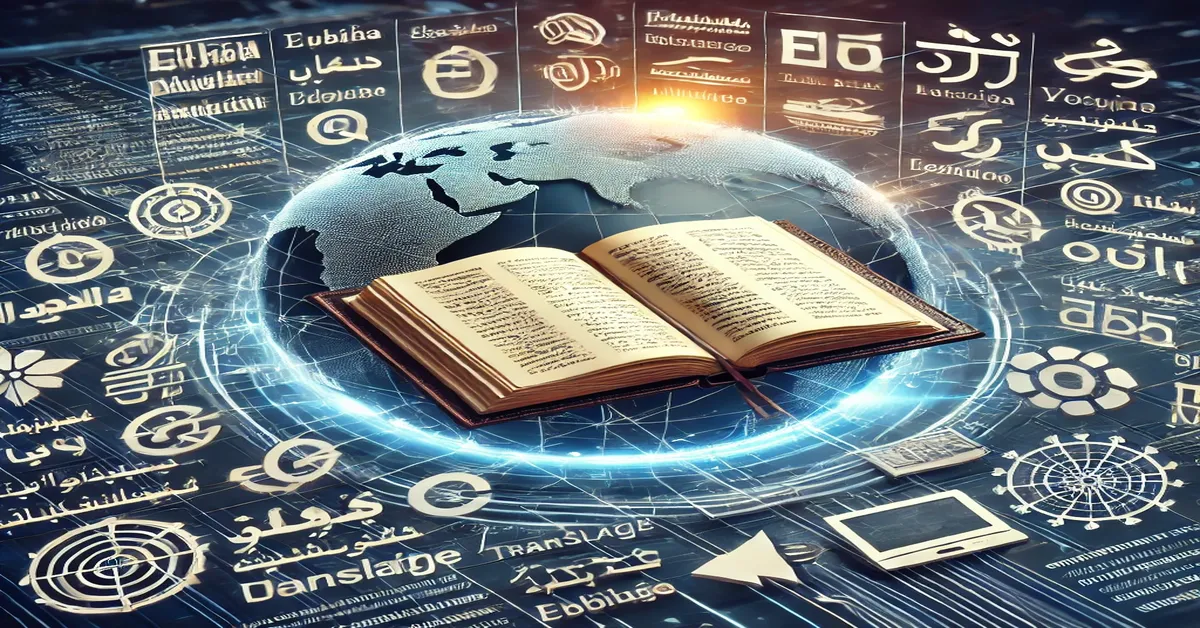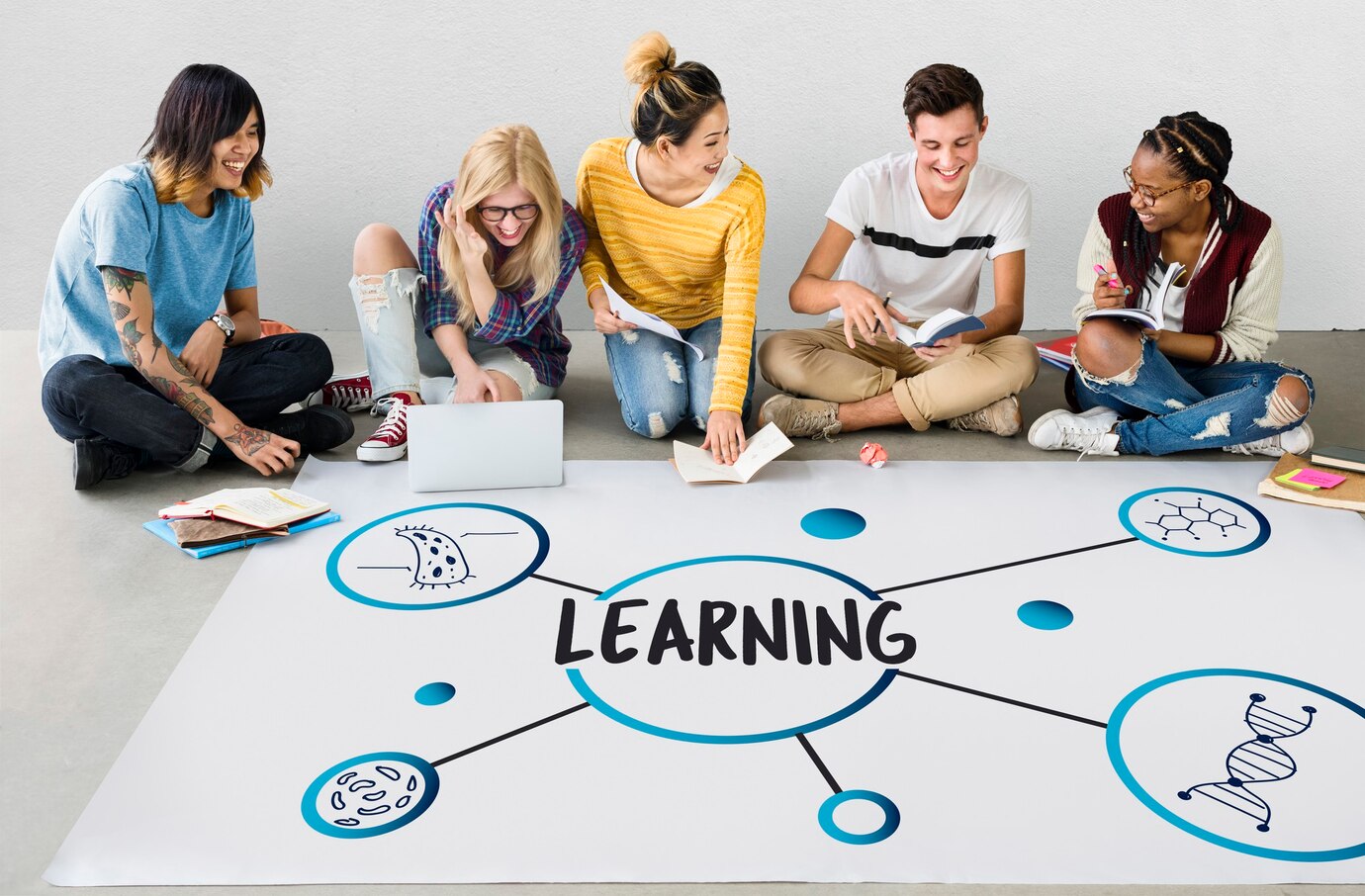In today’s globalized world, language translation plays a crucial role in fostering communication, cultural exchange, and international business. At the heart of this transformative process are language translators, or “vertėjai” in Lithuanian. The word “vertėjjas” refers to a professional who bridges language barriers by converting text or speech from one language to another, ensuring meaning and intent remain intact. With the rise of the internet, international collaboration, and a demand for multilingual communication, the need for proficient and accurate translation has never been higher.
This article will delve deep into the concept of a vertėjas, the significance of language translation, the skills and qualifications needed to become a translator, and the challenges faced by professionals in this field. Additionally, it will explore the importance of cultural sensitivity in translation, the technological advancements assisting vertėjai, and the ethical considerations that must be adhered to.
1. Who Is a Vertėjas?
A vertėjas is more than just a language expert. The role requires a deep understanding of the languages involved, including their syntax, grammar, idiomatic vertėjjas expressions, and cultural context. Translation is not merely about word-for-word substitution; it involves conveying meaning, tone, and intent.
1.1 Types of Vertėjjas
There are several types of translators based on the medium they work with:
- Written Translators: These professionals work with written texts, including books, articles, legal documents, and marketing materials. They ensure that the translated text mirrors the original in terms of content, style, and accuracy.
- Oral Translators (Interpreters): Interpreters translate spoken language in real-time. This can happen during business meetings, conferences, or live media broadcasts.
- Specialized Translators: These individuals focus on niche areas such as legal, medical, or technical translation. Their expertise in a specific field ensures accurate and reliable translations.
2. Importance of Language Translation
2.1 Bridging Cultural Gaps
Language translation goes beyond words; it connects cultures, traditions, and customs. Vertėjai play an essential role in fostering mutual understanding among individuals who speak different languages. This is particularly important in a globalized society where vertėjjas businesses, governments, and organizations frequently interact with people from different linguistic backgrounds.
2.2 Global Business Expansion
Businesses aiming for international expansion often need their materials translated to ensure effective communication with foreign markets. From marketing content to legal contracts, precise translation helps companies avoid miscommunication and legal issues.
2.3 Access to Information
A significant amount of the world’s knowledge is available only in certain languages. Vertėjai enable the sharing of research, literature, and news across vertėjjas linguistic borders, thereby promoting access to information on a global scale.
3. Skills and Qualifications of a Vertėjas
To excel as a vertėjas, one must possess a combination of linguistic skills and cultural knowledge. Here are some of the critical skills necessary for the profession:
3.1 Bilingual or Multilingual Proficiency
A vertėjas must have an advanced understanding of at least two languages. They should be fluent in the source language (the language they are translating from) and the target language (the language they are translating into). Mastery of grammar, syntax, and vocabulary is essential.
3.2 Cultural Awareness
Understanding the cultural context of the language is as important as understanding the words. A vertėjas must be familiar with the customs, traditions, vertėjjas and values of the people speaking the languages they translate. This helps them avoid cultural faux pas and ensure that the translation resonates appropriately with the target audience.
3.3 Strong Research Skills
Often, vertėjai encounter words or concepts that are specific to a particular culture or industry. They must be capable of conducting thorough research to find the most accurate translation. This is particularly true for specialized translations, such as legal, technical, vertėjjas or medical documents.
3.4 Attention to Detail
Precision is key in translation. A vertėjas must ensure that every detail, from punctuation to context, is accurately conveyed. Even minor mistakes can lead to misunderstandings or legal consequences, particularly in sensitive fields such as law or medicine.
3.5 Communication Skills
Since vertėjai act as a bridge between people who do not share a common language, they need excellent communication skills. They must convey ideas clearly and effectively, whether translating in written or spoken form.
4. Challenges Faced by Vertėjai
4.1 Ambiguity in Languages
One of the significant challenges vertėjai face is the ambiguity inherent in all languages. Some words have multiple meanings, and translating these words requires a vertėjjas deep understanding of context. Misinterpreting the meaning can lead to significant communication errors.
4.2 Cultural Nuances
Certain expressions or idioms in one language may not have a direct equivalent in another language. A vertėjas must be adept at capturing the intended meaning without distorting the message. This challenge requires not only language proficiency but also creativity.
4.3 Technology and Machine Translation
While technology, especially machine translation, has advanced significantly, it is still no substitute for human translators. Machines can translate words and sentences but often fail to grasp nuances like tone, humor, or cultural references. Vertėjai must work alongside technology, vertėjjas using it as a tool while applying their expertise to ensure accuracy and quality.
5. Technological Advancements in Translation
In recent years, technology has revolutionized the field of translation. Tools like AI-powered translators and machine learning models have become valuable resources for vertėjai, assisting in speeding up the process and improving accuracy.
5.1 Machine Translation Tools
Software like Google Translate, DeepL, and other machine learning-based platforms can instantly translate text between multiple languages. While these tools are useful for quick translations, they are often not suitable for professional work, as they may fail to capture vertėjjas the intricacies of the language.
5.2 Computer-Assisted Translation (CAT) Tools
CAT tools like SDL Trados or MemoQ help vertėjai by providing a database of previously translated phrases and terms. These tools allow translators to reuse past translations and ensure consistency across documents.
5.3 Post-Editing of Machine Translation
In many cases, vertėjai are tasked with post-editing machine-generated translations. This process involves reviewing and refining the automated translations to ensure accuracy, fluency, and cultural relevance.
6. Ethics in Translation
As with any profession, vertėjai must adhere to a strict code of ethics. This is particularly important when dealing with sensitive documents such as legal contracts, vertėjjas medical records, or confidential business communications.
6.1 Confidentiality
A vertėjas must maintain the confidentiality of the documents they handle. This is critical, especially when working with private or sensitive information.
6.2 Impartiality
A vertėjas should translate documents or speech impartially, without letting personal beliefs or biases influence the final product. This is especially crucial in legal or governmental settings, where the translated material must be neutral and objective.
6.3 Accuracy and Fidelity
A vertėjas is ethically bound to ensure that the translation is as accurate as possible. This means capturing not just the literal meaning of words but also the tone, intent, vertėjjas and context behind them.
7. The Role of Cultural Sensitivity
A good vertėjas is also a cultural ambassador. While translating, they must ensure that the content is culturally appropriate for the target audience. This is particularly important when translating marketing materials, literature, or other content meant to evoke an emotional response.
7.1 Localization
Localization goes beyond translation. It involves adapting content to suit the cultural norms and expectations of the target audience. For instance, humor, colors, or imagery that are common in one culture might be offensive in another. A vertėjas must consider vertėjjas these factors when translating materials for global audiences.
7.2 Idiomatic Expressions
Each language has its idiomatic expressions, and translating them directly often leads to confusion or loss of meaning. A vertėjas must find equivalent expressions in the target language that convey the same meaning without sounding awkward or inappropriate.
8. Career Path and Opportunities for Vertėjai
Becoming a professional vertėjas offers several career paths, from freelance work to employment in large corporations or governmental institutions. Vertėjai can specialize in fields like law, medicine, technology, or literature, depending on their interests and expertise.
8.1 Freelancing as a Vertėjas
Many vertėjai work as freelancers, offering their services to businesses, individuals, or translation agencies. Freelancing provides flexibility in terms of working hours and projects, but it also requires strong self-management skills.
8.2 Working for a Translation Agency
Vertėjai who prefer a stable job may choose to work for a translation agency. These agencies typically handle various clients and projects, providing a steady stream of work. Additionally, working for an agency offers opportunities to collaborate with other translators vertėjjas and learn from more experienced professionals.
8.3 Corporate or Government Employment
Large multinational corporations and governmental institutions often require in-house vertėjai to handle internal and external communications. These positions offer job security and benefits but may involve working with sensitive or confidential information.
9. The Future of Vertėjai
With globalization continuing to grow, the demand for skilled vertėjai will remain strong. However, the profession will evolve as technology becomes more integrated into the translation process. While machine translation may take over simple tasks, vertėjai will still be needed for more complex and culturally nuanced translations.
9.1 Continued Education and Professional Development
To stay competitive in the industry, vertėjai must engage in continuous learning. This involves keeping up with new tools, technologies, and changes in the languages they work with. Certification programs and professional associations also provide opportunities for development and
networking.
9.2 Impact of Artificial Intelligence
Artificial intelligence is rapidly changing the landscape of translation, but it will never fully replace human translators. AI can handle simple translations, but it struggles vertėjjas with the cultural and emotional nuances that a skilled vertėjas provides.
Conclusion
The role of a vertėjas is essential in today’s interconnected world. By bridging language barriers, vertėjai enable communication, cultural exchange, and global business. Their unique combination of linguistic expertise, cultural sensitivity, and ethical responsibility makes vertėjjas them indispensable in various fields. As technology continues to advance, vertėjai will evolve, adapting new tools while maintaining the human touch that sets them apart.
FAQs
- What is the difference between a translator and an interpreter?
A translator works with written text, while an interpreter translates spoken language in real-time. - How many languages should a vertėjas know?
Most vertėjai are fluent in at least two languages: the source and target languages. However, knowing more languages can be an asset. - What are the challenges faced by vertėjai?
Common challenges include linguistic ambiguity, cultural nuances, vertėjjas and the growing use of machine translation. - Can machine translation replace human vertėjai?
While machine translation can assist in simple tasks, it cannot fully capture cultural context, tone, and nuance like a human vertėjas. - What industries require specialized vertėjai?
Legal, medical, and technical fields often require specialized vertėjai due to the complexity and specificity of the language used. - How can I become a professional vertėjas?
Becoming a vertėjas typically requires fluency in at least two languages, vertėjjas cultural knowledge, and possibly a certification from a professional translation organization.











